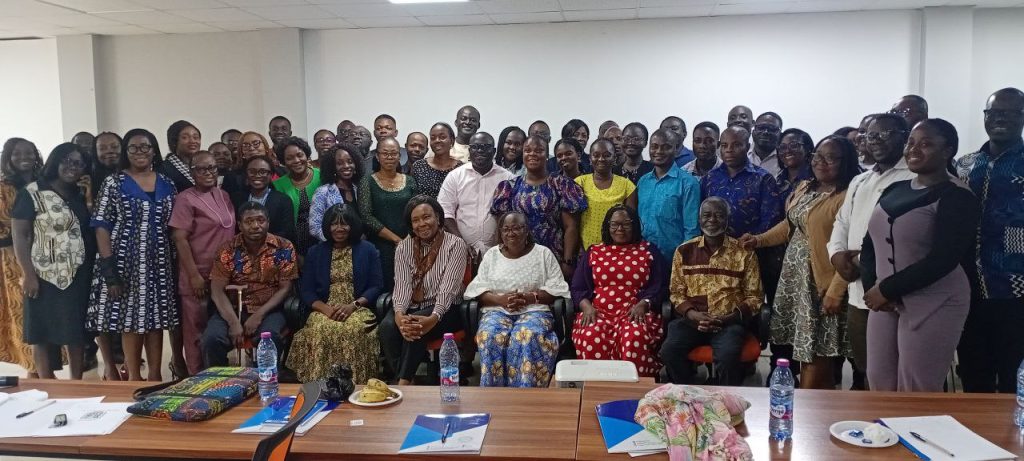Ghana is taking a crucial step in its battle against the escalating burden of Non-Communicable Diseases (NCDs), with the STOP NCD Research Centre spearheading a groundbreaking “NCD-CareNet Intervention”.
This innovative, systems-thinking approach aims to synthesise fragmented health data and establish a robust, equitable primary healthcare network to effectively manage conditions like hypertension, diabetes, and mental health issues.
The initiative was a central focus of the Third National and Sub-national Stakeholders NCD-Carenet Intervention Co-Design Meeting, held from Wednesday, July 9, to Friday, July 11, 2025 in Accra.
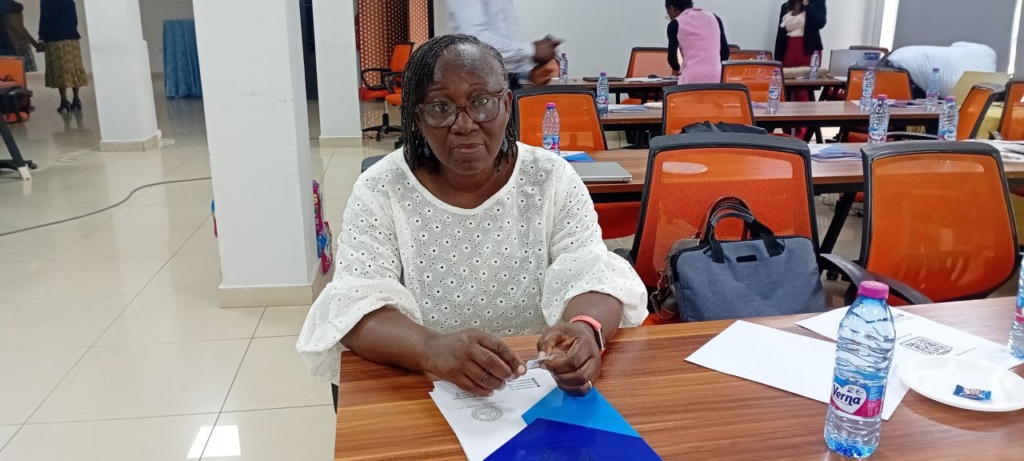
Professor Irene A. Agyepong, Chair of the Faculty of Public Health at the Ghana College of Physicians and Surgeons (GCPS) and Co-Director of the STOP NCD Research Centre.
Speaking at the pivotal meeting, Professor Irene A. Agyepong, Chair of the Faculty of Public Health at the Ghana College of Physicians and Surgeons (GCPS) and Co-Director of the STOP NCD Research Centre, articulated the rationale behind the new intervention.
“So basically in February 2025, we presented the synthesis of all that we had found as to what is driving the rising burden of NCD, non-communicable diseases, in low- and middle-income countries. We were trying to understand what is driving the NCD burden, what are the possible solutions, what is the way forward for Ghana, and what can make a difference,” Professor Agyepong explained, setting the context for the centre’s analytical work.
Ghana, like many low- and middle-income countries, is experiencing a significant epidemiological transition, with NCDs increasingly contributing to morbidity and mortality.
According to the World Health Organisation (WHO), NCDs account for approximately 43% of all deaths in Ghana, with cardiovascular diseases, cancers, diabetes, and chronic respiratory diseases being the leading causes.
The Ministry of Health’s 2023 data indicated that diabetes prevalence alone stood at around 5-7% of the adult population, while hypertension affected roughly 30% of adults aged 30 and above. These figures underscore the urgent need for comprehensive and coordinated interventions.
Professor Agyepong highlighted the key challenge identified by their research as the fragmentation of existing NCD-related information and efforts.
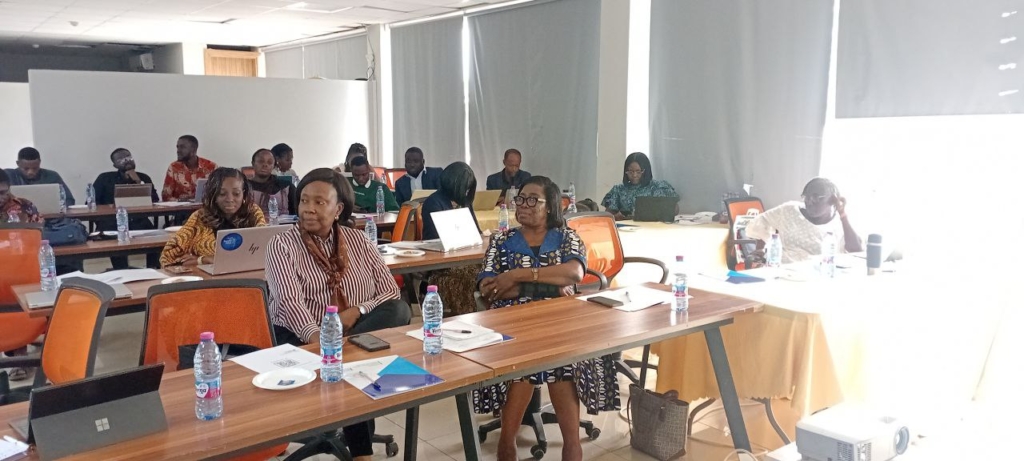
“Number one was that we found that actually there’s a lot of information in Ghana; it’s just fragmented, and it’s held in different places… It’s almost like you have pieces, but they are scattered; they haven’t been brought into a whole.”
To overcome this, the STOP NCD Research Centre adopted a systems thinking approach.
“Our conclusion after analysis was that actually the NCD problem in Ghana, if anything is needed immediately, is to now synthesise all this evidence and see what you can create as a functional whole to address this problem,” Professor Agyepong noted.
Focus on primary care and equity
The NCD-CareNet Intervention is strategically designed to focus on the primary care level, particularly at the sub-district level, with a referral system to district hospitals.
This is crucial because, as Professor Agyepong noted, many NCDs like hypertension and diabetes are “silent until it’s serious”, making early detection and intervention at the community level critical.
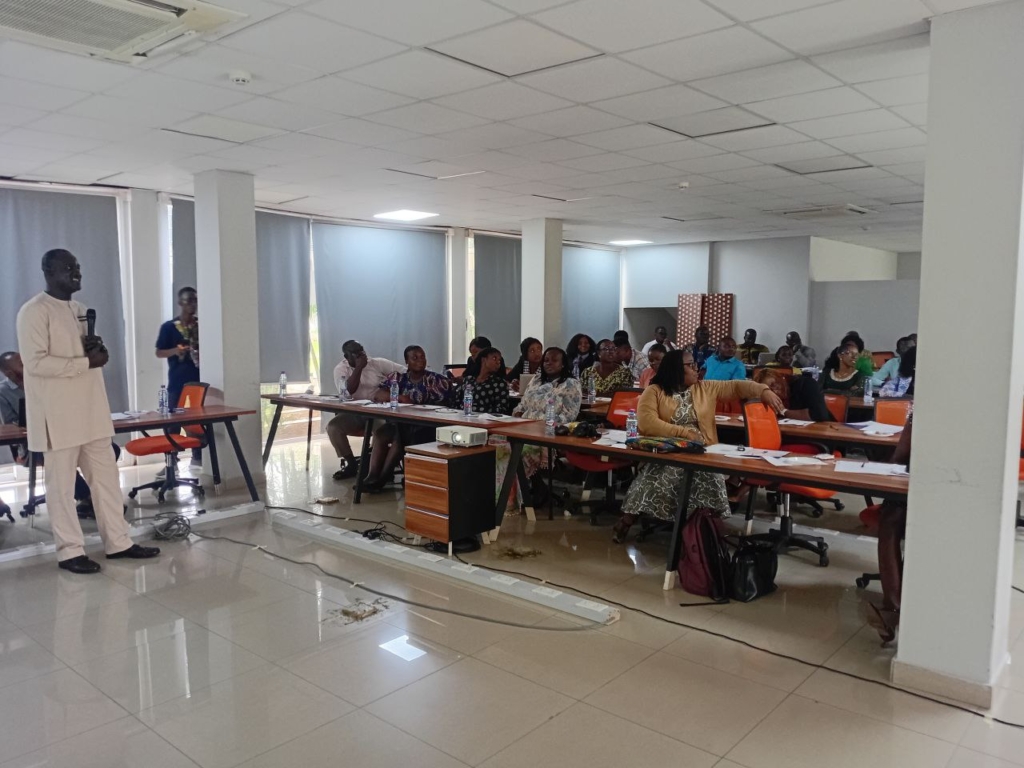
The intervention aims to “improve geographic access, quality, and financial access to primary care for NCDs.”
Recognising the varied capabilities of healthcare facilities at the sub-district level, from Community-based Health Planning and Services (CHPS) compounds to market clinics and even chemical sellers, the approach shifts from facility-centric care to population-centric care.
“You know, in Ghana, we tend to think of care as the facility. The facility is only there to serve the people,” she pointed out.
The NCD-CareNet seeks to organise care around communities of 5,000 to 10,000 people, rationalising available resources to ensure a consistent “basic quality content of care” regardless of whether the community is urban or rural.
A key component of the intervention is widespread screening at the lowest level of facilities, including CHPS compounds – the bedrock of Ghana’s primary healthcare system.
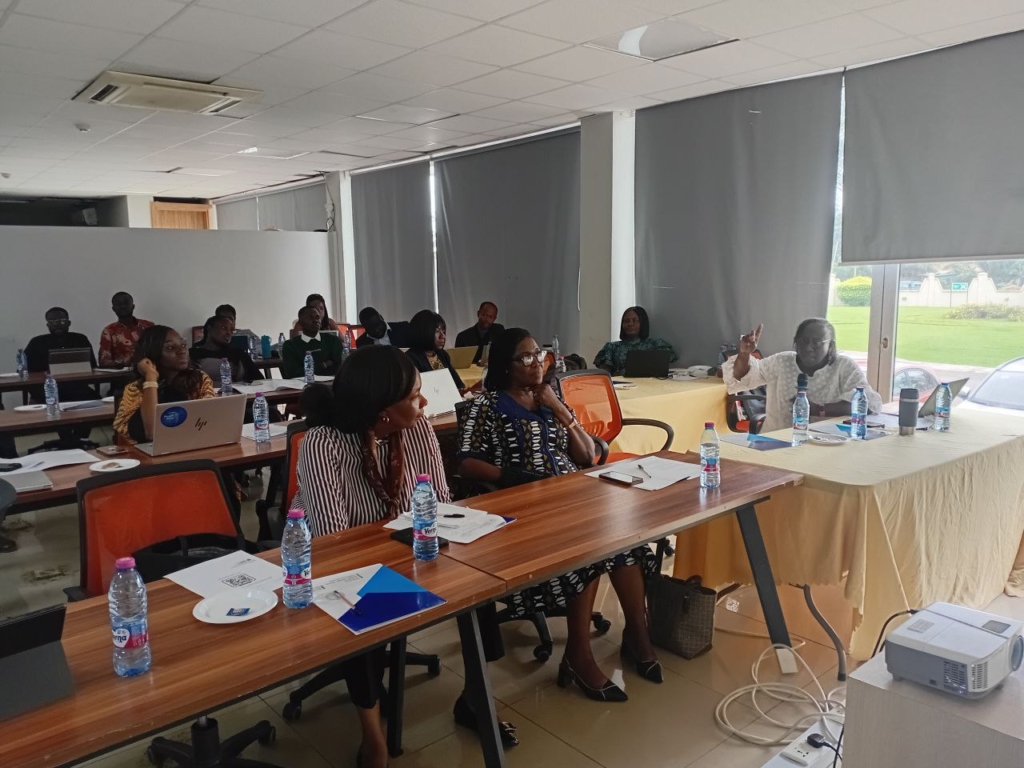
For those without immediate problems, counselling and follow-up are planned, while those with identified issues will be referred to health centres or polyclinics, thereby reducing pressure on higher-level facilities.
Pilot phase and future expansion
The NCD-CareNet Intervention is set to begin its pilot phase from August 1, 2025, in three strategically chosen sub-districts across different geographical contexts:
1. Afram Plains North District (Eastern Region): Representing a severely deprived rural setting.
2. Ga South District (Greater Accra Region): Chosen for its complex urban environment.
3. Shai Osudoku District (Greater Accra Region): Offering a peri-urban, intermediary context.
“Initially in the next six months, we are going to try this synergised system and see how it will work,” Professor Agyepong stated, likening the pilot to a “test run” for a newly assembled car.
This six-month phase aims for continuous quality improvement, leading to a refined model by December 2025 or January 2026.
The long-term goal is to then evaluate the fully implemented system over 12 to 18 months, collecting robust data to assess its impact on people’s lives and its cost-effectiveness.
A health economist is part of the team to ensure the intervention provides truly useful information for decision-makers.
The Director of Public Health at the Ghana Health Service (GHS), Dr. Franklin Asiedu-Bekoe, lauded the NCD-CareNet Intervention and expressed confidence that it would help in providing solutions to the NCD issue in Ghana.
Addressing the public, he highlighted awareness in encouraging people to seek early medical intervention.
“If the awareness level is high, people will be motivated to visit the hospital and get tested at the health wellness clinics,” he noted.
Meanwhile, a member of the STOP NCD Advisory Committee, Dr. Sylvia Anie, added:
“It is critical that we seriously address the high prevalence of diabetes, hypertension and mental health conditions in Ghana. Therefore, bringing diverse stakeholders together to co-create the required guidelines for action is pivotal in ensuring that the Stop Non-Communicable Diseases Project remains practical, inclusive, and impactful for all.
The co-design meeting brought together key stakeholders, including representatives from the Ghana Health Service (GHS), the National Health Insurance Authority (NHIA), regional health directorates and sector agencies, ensuring broad buy-in and collaborative effort.
Working groups have been developing detailed guidelines for data systems, clinical procedures, and community engagement, emphasising a multi-sectoral approach.
While similar research initiatives are underway in other West African countries like Niger and Burkina Faso as part of a broader network, the NCD-CareNet Intervention is uniquely tailored to Ghana’s context.
The STOP NCD Research Centre’s commitment to finding evidence-based solutions promises a significant stride forward in Ghana’s fight against the “canker” of NCDs, aiming to translate research into tangible improvements in public health.
STOP NCD
The Global Health Research Centre for Non-Communicable Disease (NCD) Control in West Africa, known as STOP NCD, comprises the Ghana College of Physicians and Surgeons (GCPS) and the London School of Hygiene and Tropical Medicine (LSHTM) as the co-lead institutions, working in partnership with other organisations, namely Ashesi University in Ghana; the Catholic University of West Africa (UCAO-UUB) in Burkina Faso; and the Laboratoire d’Etudes et de Recherche sur les Dynamiques Sociales et le Développement Local (LASDEL) in Niger.
It is supported by the National Institute for Health and Care Research (NIHR) and the Department of Health and Social Care (DHSC) in the UK.
DISCLAIMER: The Views, Comments, Opinions, Contributions and Statements made by Readers and Contributors on this platform do not necessarily represent the views or policy of Multimedia Group Limited.
DISCLAIMER: The Views, Comments, Opinions, Contributions and Statements made by Readers and Contributors on this platform do not necessarily represent the views or policy of Multimedia Group Limited.


